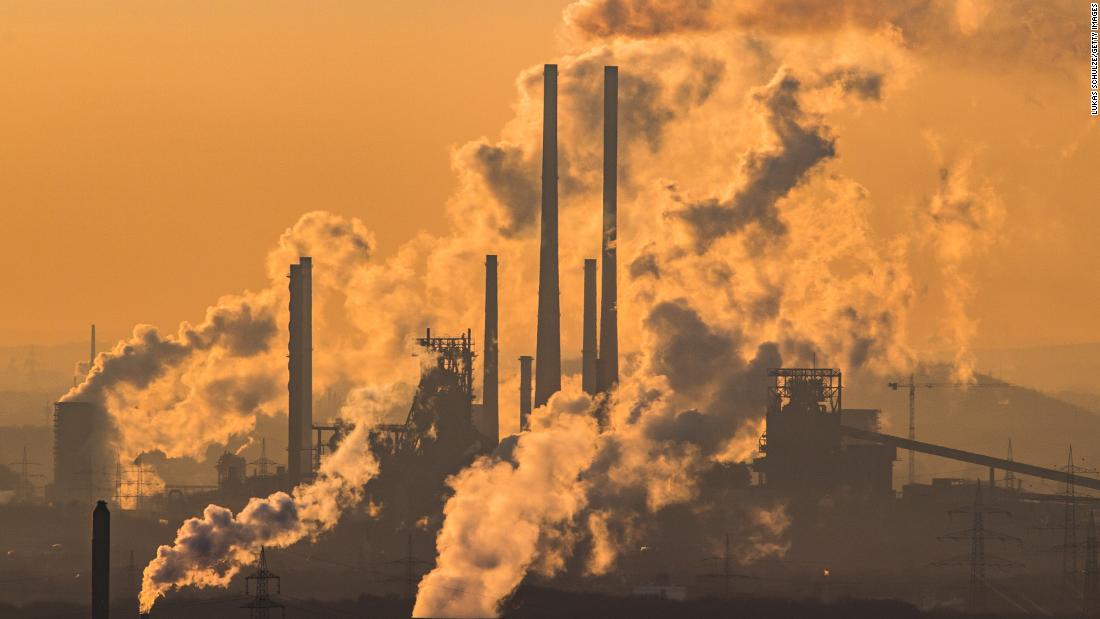Travel: latest news on carbon emissions
The latest news on carbon emissions in the travel industry involves concerns over the significant contribution that travel and tourism make to greenhouse gas emissions. According to recent studies, the travel and tourism industry is responsible for around 8% of global carbon emissions, a number that is expected to continue to rise in the coming years.
In response to this issue, several travel companies have pledged to reduce their carbon emissions and adopt more sustainable practices. For example, some airlines have invested in more fuel-efficient aircraft and are implementing measures to reduce their use of single-use plastics. Hotels and resorts are also taking steps to reduce their carbon footprint by implementing eco-friendly practices, such as using renewable energy sources and encouraging guests to recycle. Additionally, some travelers are taking it upon themselves to reduce their impact on the environment by opting for more sustainable forms of travel, such as public transportation or cycling, and by choosing eco-friendly accommodations. There has been an increase in demand for sustainable travel options, and travel companies are starting to offer more eco-friendly alternatives to traditional travel packages. Overall, reducing carbon emissions in the travel industry is an ongoing effort that requires collaboration and innovation from all stakeholders, including travel companies, governments, and individual travelersThe travel industry continues to face concerns around carbon emissions, as it is responsible for a significant portion of global greenhouse gas emissions. To address this issue, there have been several recent developments in the travel industry aimed at reducing carbon emissions and promoting sustainability.
One notable development is the growing popularity of carbon offsetting programs, where travelers can pay to offset the carbon emissions produced by their travel. These programs typically involve investing in renewable energy or conservation projects that reduce carbon emissions elsewhere.
Another trend has been the adoption of sustainable practices by travel companies. Many airlines are investing in more fuel-efficient aircraft, and some are implementing measures like reducing single-use plastics or using sustainable aviation fuel. Hotels are also taking steps to reduce their carbon footprint, such as implementing energy-efficient lighting, water-saving practices, and eco-friendly cleaning products.
Some destinations and tourism boards are also promoting sustainable tourism practices, such as responsible wildlife viewing, cultural preservation, and sustainable agriculture. Sustainable tourism is seen as a way to promote economic growth and preserve natural resources while minimizing the negative impacts on local communities and the environment.
Overall, there is a growing recognition in the travel industry of the need to address carbon emissions and promote sustainability. With more travelers seeking out eco-friendly and responsible travel options, the industry is likely to continue its efforts towards reducing its impact on the environment.

Comments
Post a Comment